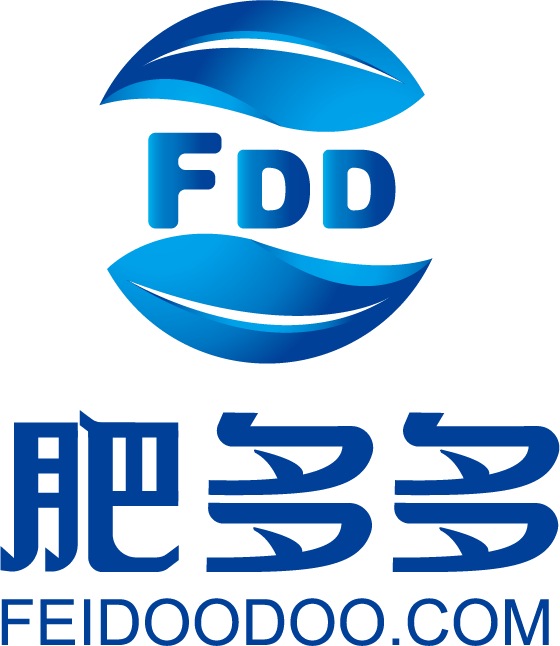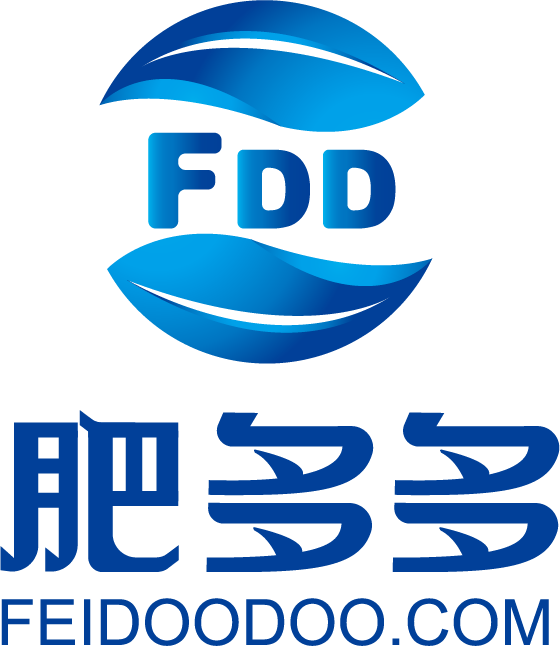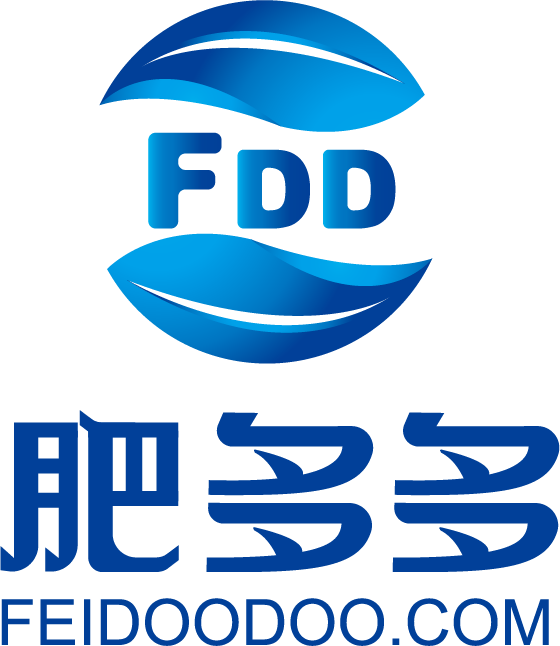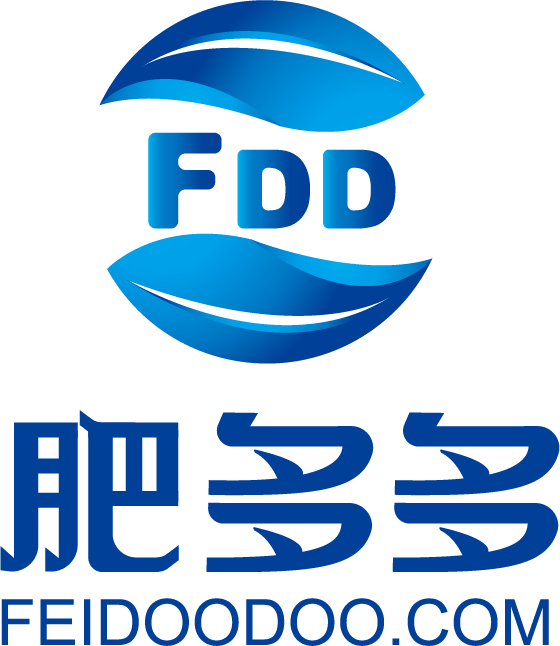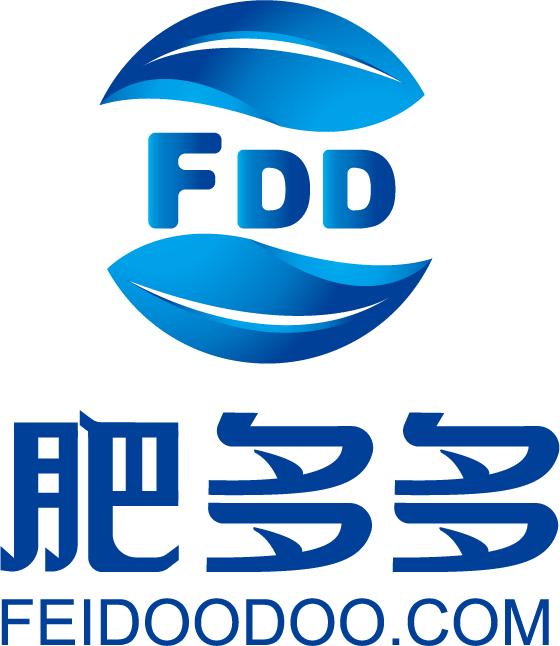市場は安定しており、飛市も
The price of urea is stable and up slightly recently, China's domestic urea price has increased slightly. In terms of supply, due to the relatively sufficient raw materials and the downward adjustment of natural gas prices, some gas-head enterprises in the southwest region have delayed their shutdown and maintenance. Therefore, the current domestic urea production is slightly higher than the same period in previous years, at around 140,000 tons. In terms of demand, the trading atmosphere in the domestic urea market has heated up, and downstream factories mainly purchase moderate amounts. However, due to the slow progress of the current winter storage, the collection of compound fertilizer companies is not as good as in the same period in previous years, coupled with the uncertainty of the price of raw materials in the later period, the risk of raw material reserves is greater, so purchases are more cautious.In terms of prices, the current ex-factory quotations in Shandong are at 2390-2400 yuan/ton, an increase of 10 yuan/ton. The mainstream ex-factory price in Shanxi is 2270-2350 yuan/ton. The ex-factory price of small and medium particles in Liaoning is around 2,480 yuan/ton. The mainstream wholesale price of small and medium particles in Guangdong is RMB 2620-2650/ton, which is raised by RMB 20/ton. In the short term, domestic urea supply and demand will remain stable, and the market lacks upward momentum and will mainly fluctuate slightly. In the later stage, attention should be paid to the parking situation of the arrogant enterprises.The phosphate fertilizer market is weak and stableEntering December, the sluggish state of China's domestic phosphate fertilizer market has not improved, mainly due to weak and stable operations. According to industry insiders, although ammonium phosphate companies have successively introduced winter storage guarantee policies, downstream demand is still weak, and the market is still on the wait-and-see sentiment. Probably in the short term, domestic demand for phosphate fertilizer may still maintain a downturn.Regarding monoammonium phosphate, the market maintains a weak operation, and companies focus on implementing a minimum guarantee policy, and most of them have no clear quotation. In terms of demand, the operating rate of downstream companies has increased slightly, but the purchase intention of raw materials is still not high, mainly to maintain a small amount of on-demand procurement. At present, the ex-factory price of 55% of the powder from enterprises in Sichuan is 3000-3050 yuan/ton, and the main ex-factory price of 55% of the powder in Hubei is 2950-3100 yuan/ton.In terms of diammonium phosphate, the market continued to operate at a weaker pace, with no significant changes for the time being. In terms of prices, the current mainstream ex-factory quotations of 64% diammonium in Hubei are 3500-3550 yuan/ton, the export price of 64% diammonium in Bayuquan is 3600-3670 yuan/ton, and the reference for Heilongjiang arrival transactions are 3750-3770 yuan/ton. According to a trader, due to the low season of domestic agricultural demand, the winter storage market is progressing slowly, downstream traders are not very motivated to obtain goods, and they are not very accepting of current prices. The follow-up of new orders by enterprises is limited. The domestic DAP plant maintains low-load operation.The potash fertilizer market is weak and temporary Recently, the overall domestic potash fertilizer market in China has not changed much, and it has continued to show a relatively weak trend. It is understood that the current downstream factories are more cautious in purchasing raw materials, the market new orders are relatively limited, and the market's tradable supply has increased compared with the previous period.Regarding potassium chloride, overall stable operation is the main focus. Due to the winter maintenance period, the domestic potassium overall plant operating rate is relatively low. Coupled with the influence of weather, transportation, and other factors, the current market supply is in a tight state. Qinghai Salt Lake Co., Ltd. and the Golmudzangge potassium chloride plant are operating normally. The ex-factory price of 60% powder and crystal is 2890 yuan/ton, and the ex-factory price of 57% powder from a local small factory in Qinghai is 3000 yuan/ton. In terms of imported potassium, 62% white potassium ports are quoting about 4,100 yuan/ton, and 60% red potassium ports are quoting about 4,000 yuan/ton. In terms of border trade, due to the impact of the epidemic, cargo handling and logistics are still stagnant. Although there have been speculations about price increases before, at present, there are still no significant fluctuations.In terms of potassium sulfate, the overall supply exceeds demand, and there is even a price inversion phenomenon. At present, the overall operating rate of domestic potassium sulfate manufacturers is relatively low, basically continuing the previous quotation. In terms of resource-based potassium sulfate, Xinjiang SDIC's Luo potassium plant is producing normally, mainly for tobacco and pre-orders. The arrival price of 50% potassium sulfate powder of the Qinghai salt system is about 3850 yuan/ton. In terms of processing potassium sulfate, the operating rate of the Mannheim potassium sulfate industry is still less than 50%, and the current ex-factory price of 52% Mannheim potassium sulfate is mostly 4000-4150 yuan/ton. The start-up of potassium sulfate in the water-salt system in general, and the main supply is for early orders or is not in a hurry to sell, and the early quotation is continued.The compound fertilizer market is weak and recently, the price of compound fertilizer has been adjusted in a narrow range, and the cost support has weakened. In terms of price, the mainstream ex-factory price of 45% sulfur-based compound fertilizer is 3000-3250 yuan/ton, the mainstream ex-factory price of 45% chlorine-based compound fertilizer is 2750-3000 yuan/ton, and 35% chlorine-based compound fertilizer (30-0-5) The ex-factory quotations are concentrated at 2350-2400 yuan/ton, down about 100 yuan/ton from the previous period. In terms of supply, the operating rate of domestic compound fertilizer manufacturers has increased recently, but it is still less than 40%, which is at a historically low level. Industry insiders believe that this has a lot to do with the lack of enthusiasm for purchasing winter storage by distributors in most regions. He said that in addition to the appropriate amount of money reserved in the early period, the recent general choice is to wait and see.It is understood that the current winter reserves of downstream distributors are basically below 50%, the intention to pick up the goods is still low, and the market has not changed significantly. Gong Wei, chairman of the Ruitong Corn Planting Cooperative in Fuxin City, Liaoning Province, told reporters that the progress of winter storage in Northeast China this year has been slower than in previous years, mainly because of concerns about the risk of a fall in fertilizer prices. He said that the current winter reserves are still less than 50%. Based on the current market situation, it is expected that the reserves may reach 50% before the Spring Festival. After the Spring Festival, we will get the right amount according to the price and sales situation. Li Zhiyong, general manager of Zhijin County Agricultural Production Materials Company in Bijie City, Guizhou Province, said that because the current price of fertilizers is too high and worried about the risk of lowering in the later period, downstream distributors are more cautious in obtaining winter reserves. The current winter reserves are about 30%. Wu Zhongkai, general manager of Zhongxin Agricultural Supplies Sales Co., Ltd. in Shangrao City, Jiangxi Province, also revealed that the current local distributors' winter reserves are only 20%.On the whole, the industry currently lacks confidence in the fertilizer market and focuses on the upstream raw material market trends. Due to concerns about the risk of lower fertilizer prices in the later period, the overall wait-and-see atmosphere in the market remains heavy, and market confidence needs to be boosted. Probably in the short term, China's domestic compound fertilizer market will be stabilized and weakened.

